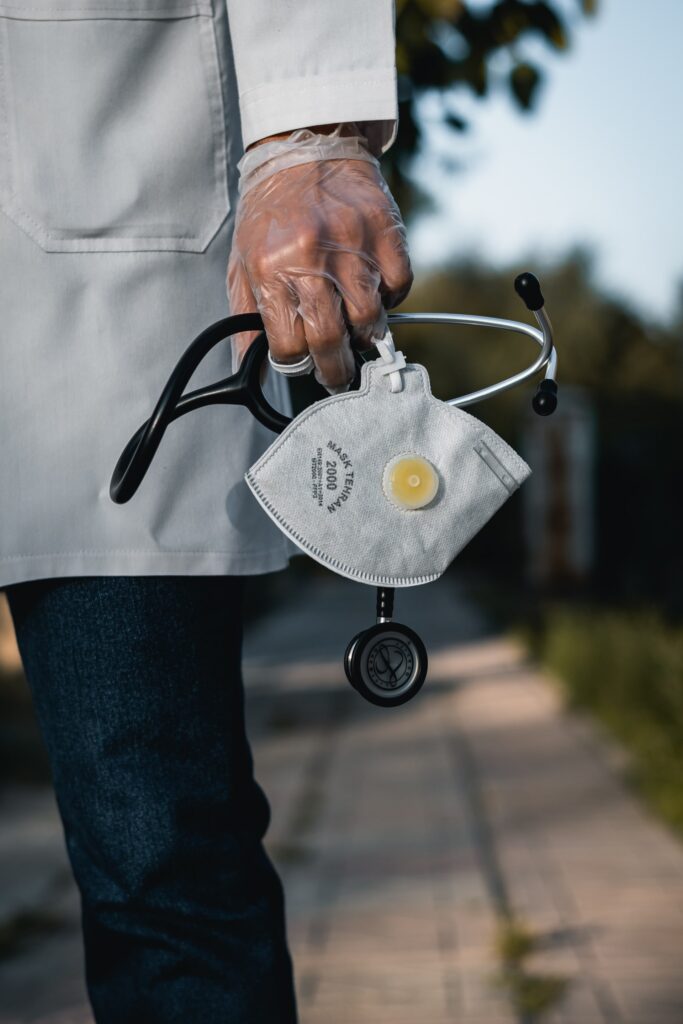The heart, a remarkable and tirelessly dedicated organ, plays a pivotal role in providing your body with the nourishment and energy essential for a healthy existence. From the moment you came into this world, your heart began its rhythmic journey, functioning with unparalleled precision. Dr Dennis Doan delves into the primary role of the heart in your body, emphasizing the orchestration of this vital organ.
The Heart’s Central Function: A Pump in Perfect Harmony
Nestled within the protective confines of your ribcage, the heart, approximately the size of a clenched fist, is a muscular marvel. Its main mission is to act as a dedicated pump, serving as the linchpin of the circulatory system. Comprising four chambers—two atria at the top and two ventricles at the bottom—the heart conducts a symphony of rhythmic activity:
Oxygen-poor Blood’s Journey: Deoxygenated blood, returning from the body’s various parts, enters the right atrium.
Venturing to the Right Ventricle: From the right atrium, this blood flows into the right ventricle, which propels it to the lungs for oxygenation.
The Arrival of Oxygen-rich Blood: Simultaneously, oxygen-rich blood from the lungs arrives in the left atrium.
Outpouring of Vital Nourishment: The oxygen-rich blood streams into the left ventricle, which forcefully pumps it to all corners of your body, ensuring that every cell receives the nourishment it requires Dr Dennis Doan.
An Impressive Lifelong Body Performance
The heart is an unrelenting worker, perpetually adapting to meet the changing demands of your body. Throughout your lifetime, it beats an average of 100,000 times every day, accumulating to around 2.5 billion beats in your entire life. These numbers are nothing short of astounding, emphasizing the critical need to preserve the vitality of this exceptional organ.
The Heart’s Extended Role: Beyond the Pump
Communication: Beyond its role as a pump, the heart serves as an intricate communicator. It generates electrical signals that initiate contractions, orchestrating the rhythmic pumping action. This electronic coordination ensures the optimal distribution of blood, providing the body with the nutrients and oxygen it needs to function efficiently.
Hormone Production: The heart has an additional function in producing a hormone called atrial natriuretic peptide (ANP). When it senses increased blood pressure or blood volume, it releases ANP, which exerts powerful effects on regulating blood pressure. This hormone plays a pivotal role in maintaining fluid balance in the body, thus actively contributing to overall cardiovascular health.
In conclusion, your heart is the conductor of your body’s symphony, orchestrating the circulation of life-sustaining blood and nutrients to every nook and cranny. Dr Dennis Doan underlines the central role of the heart, highlighting its remarkable performance throughout your lifetime. As a tireless pump and a proficient communicator, the heart is not merely an organ; it is a lifeline, a conductor of life’s grand composition. Cherishing and preserving its health is an essential commitment to a vibrant and healthy existence.



